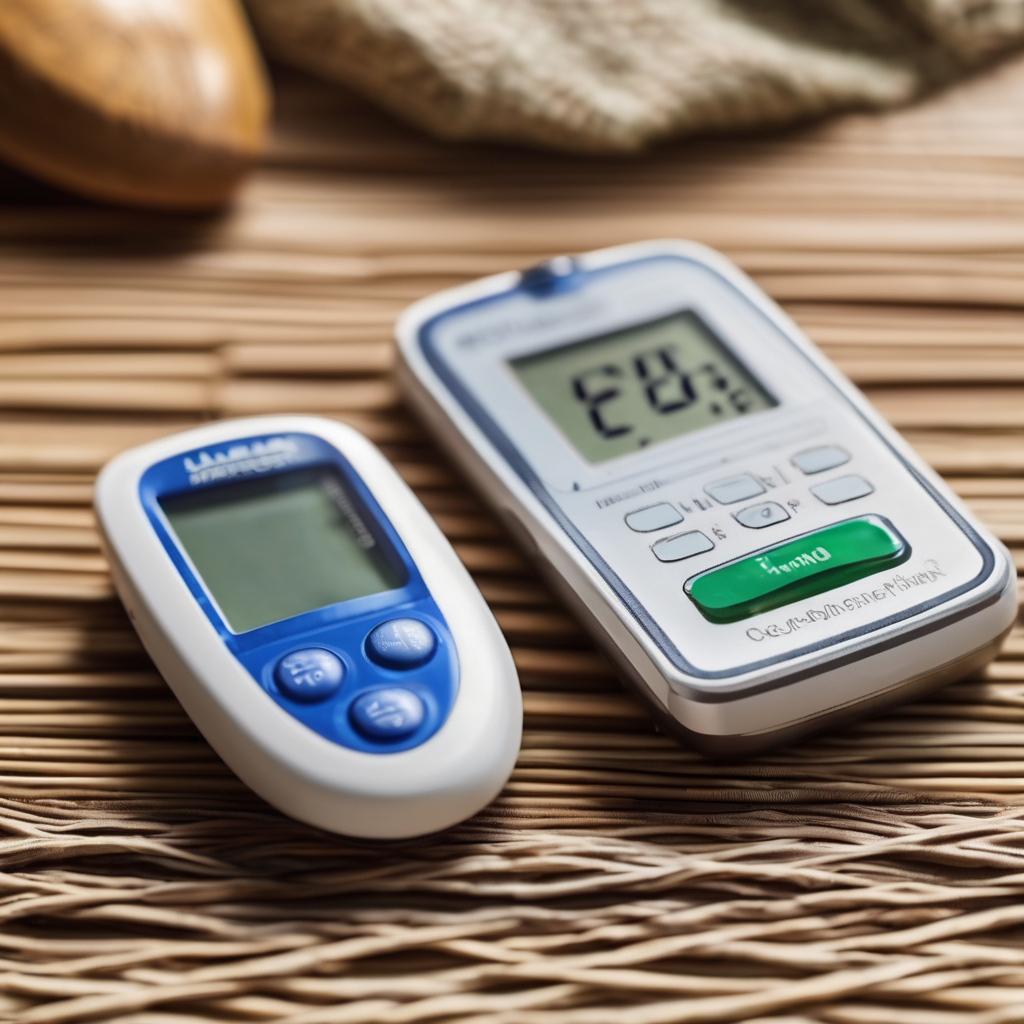Diabetes is increasingly becoming a significant concern among younger Fijians, posing a serious threat to families and the nation’s workforce. The Assistant Minister for Health, Penioni Ravunawa, has voiced alarm over the rising number of diabetes cases, indicating that the disease not only shortens lives but also drives families into poverty. He emphasized the need for a broader approach to wellness that extends beyond medical facilities into schools, workplaces, and community spaces like churches and temples.
Ravunawa highlighted the importance of fostering inclusivity in wellness initiatives, advocating for an environment that encourages healthy living without the stigma often associated with chronic illnesses. “Societal well-being means inclusive workplace, in our schools, in our churches, in our mosques, in our temples, in our mandirs, in our communities and villages. Support healthy living, not shame, stigma, or silence,” he stated.
Recognizing the urgent need for a united community effort, Ravunawa called on local leaders from various spheres, including religion and community organizations, to promote early screening and support for those managing chronic illnesses. He noted that diabetes is no longer an ailment limited to older adults, with an alarming increase in cases among young and working-age Fijians.
This calls to mind similar concerns raised by health advocates, such as Kini Marawa, Executive Director of Diabetes Fiji. He has previously described diabetes as a “silent pandemic” affecting over one-third of the country’s population and leading to severe health complications like amputations and blindness. Marawa has consistently emphasized the necessity for a systematic response from the government and community to address this growing health crisis, noting that the stigma surrounding diabetes needs to be dismantled for effective prevention and care.
Moreover, Dr. Simione Voceduadua from ASPEN has described diabetes as largely preventable through lifestyle modifications, reiterating the importance of equitable healthcare access to combat this epidemic. The call for health education and preventive measures aligns with strategies being developed nationwide, aiming to enhance community outreach, promote healthy lifestyle choices, and improve access to medical care.
The statistics underscore the urgency of this situation, as diabetes is linked to more than 1,200 annual amputations in Fiji, with many individuals unaware of their condition until it’s too late. Ravunawa’s message of hope resonates with ongoing community initiatives and support networks that focus on fostering healthier lifestyles and reducing the fear and ignorance surrounding the disease.
With dedicated efforts for awareness, early intervention, and lifestyle changes, there is a hopeful outlook for the future. The collective action from families, communities, and healthcare professionals can pave the way for healthier generations, ensuring that the fight against diabetes becomes a shared mission rather than an individual battle. The emphasis on collaboration, education, and community engagement offers a promising path towards reversing the tide of this silent epidemic in Fiji.
